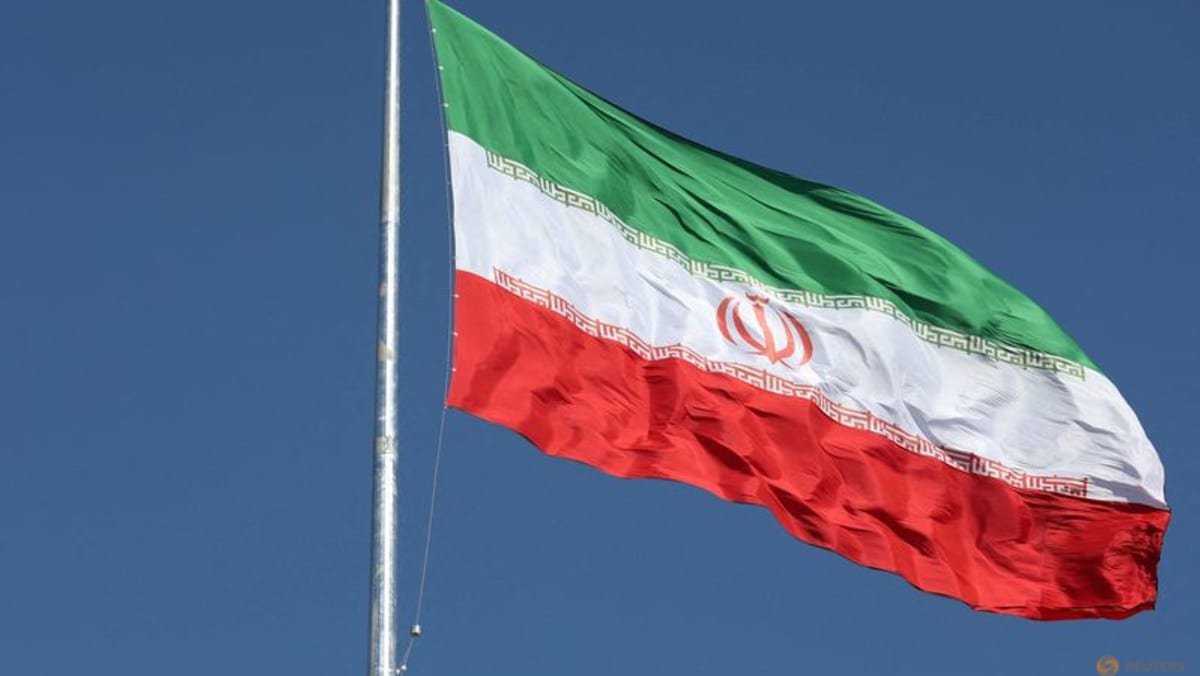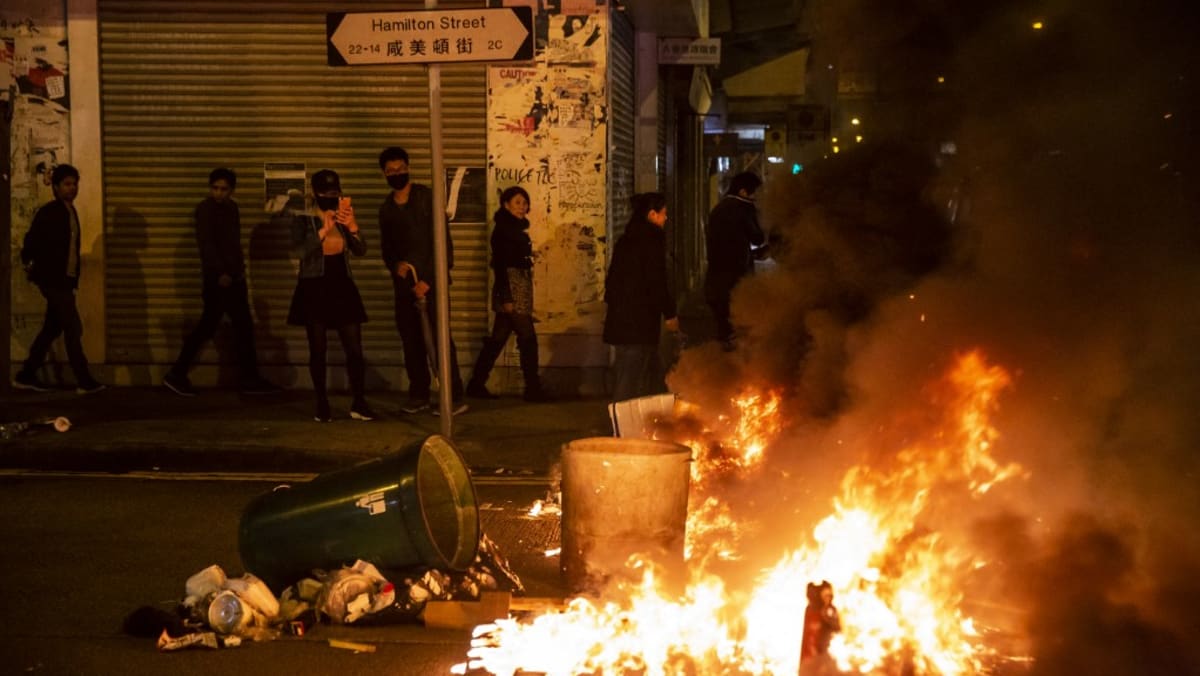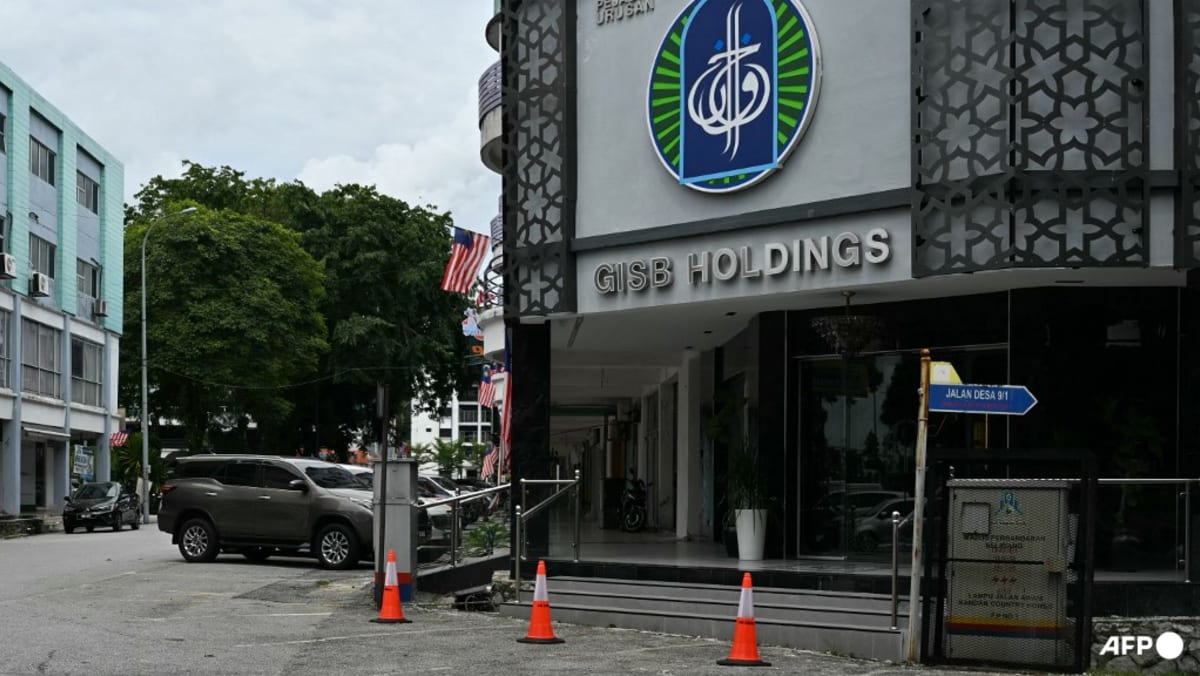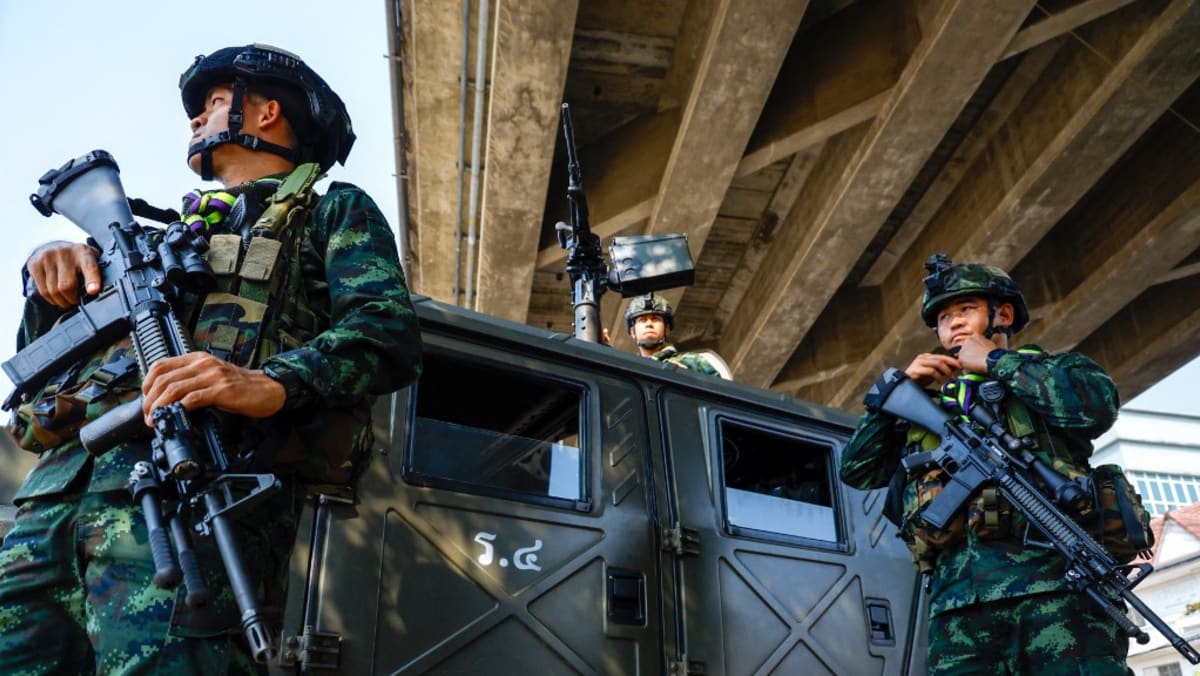‘Would you two please talk?’: Observers lament underwhelming US, China handshake at Shangri-La Dialogue
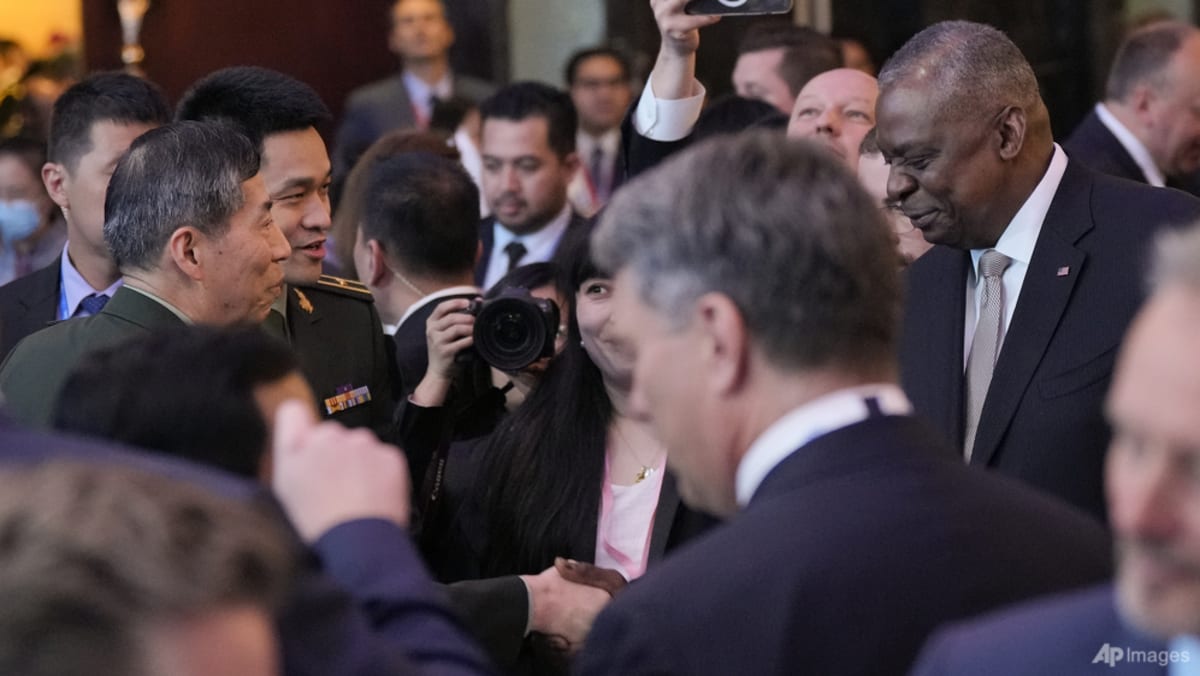
Prof Thayer said that while the US has been careful to adhere to international law and not violate China’s airspace in its surveillance activities, China sees them as reconnaissance that is too close for comfort.
“China’s quite unequivocal that nations outside of the region, including the US and Australia, don’t belong (in these areas). They are saying: ‘This is China’s patch so mind your own business’.”
ASEAN CAN FACILITATE DIALOGUE
Regional countries can play a key role in facilitating communication between the bigger powers, experts said.
“One thing that everyone has agreed on at the Shangri-La Dialogue, and in ongoing conversations regarding global security, is to maintain open lines of communication,” Prof Thayer told CNA’s Asia First.
“Yet that seems to be a challenge to achieve. As we saw, the Chinese refused to meet Mr Austin, and refused to go beyond a handshake.”
Regional pressure from nations that have relations with both superpowers, and which will be most affected by incidents in the South China Sea, could help initiate talks, Prof Thayer said. These include Australia and the Association of Southeast Asian Nations (ASEAN) member states.
Multiple initiatives and international summits undertaken by ASEAN can serve as venues for such dialogue, he added.
“(These forums) where ASEAN and Australian leaders are on the same page, can (tell US and China), ‘Hey, you guys, would you two please talk? Because your tensions are upsetting regional stability’.
“Both sides will have to see it’s in their best interests (to have a constructive dialogue).”
Source: CNA









